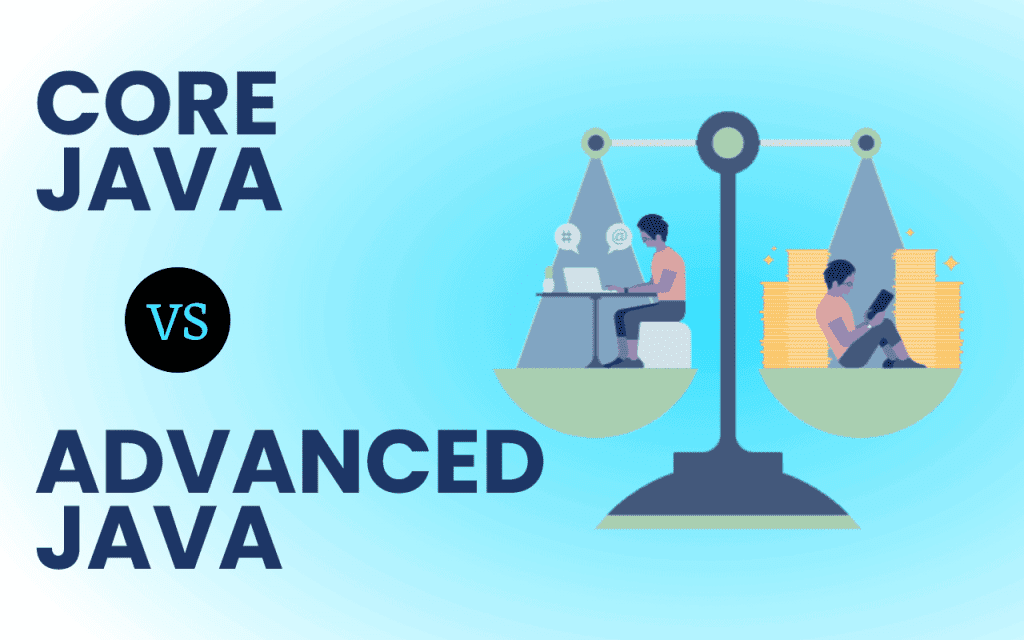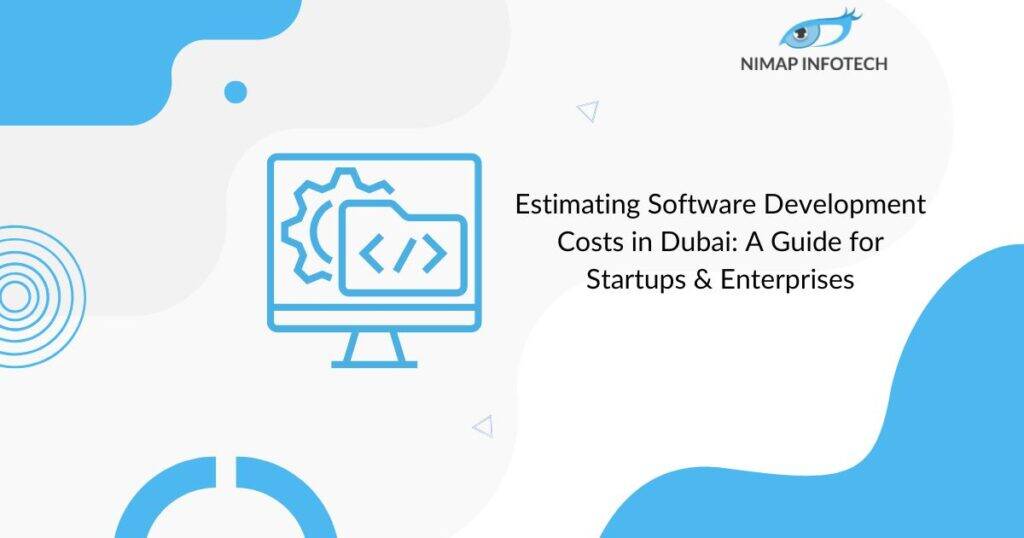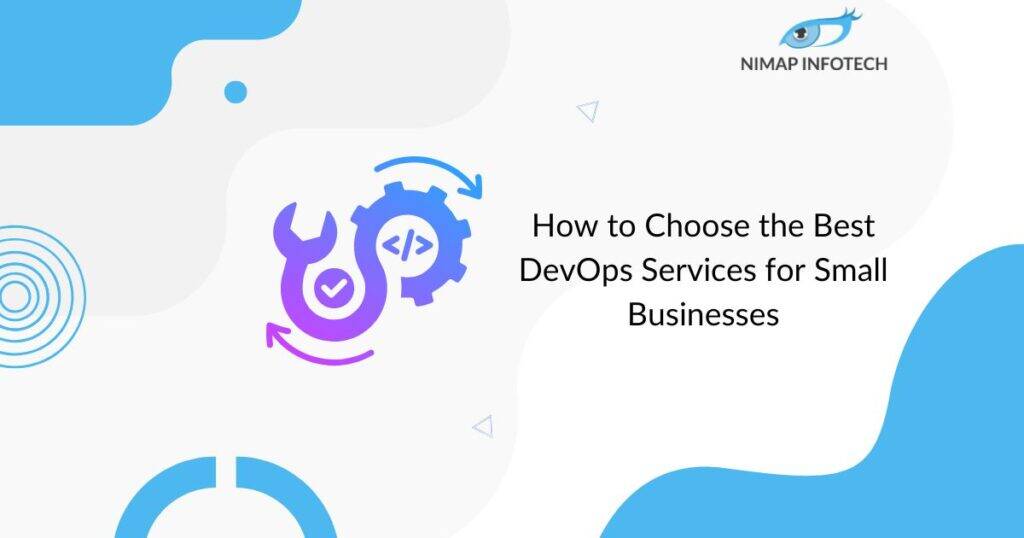Particularly, Ever since Java had its inception back in 1995, this class-based as well as an object-oriented, high-level, general-purpose programming language has gone further to gain attention and go on to become not only of the most beloved but also one of the most influential programming languages in the world.
In short, Java is not only a general purpose programming language but also considered as a platform. So, the Java platform functions as an environment constructed and created for facilitating the execution of Java applications. Before advancing to draw the detailed comparison between core Java vs advanced Java, let’s first explore and understand and outline the various Java platforms.
The principle distinction between Core Java and Advanced Java is that the Core Java is utilized to fabricate general applications while the Advanced Java is utilized to construct endeavor level applications.
Java is a universally useful undeniable level programming language that assists with building an assortment of utilizations. Java is well known as it gives stage as it gives different elements like independency, security, multithread support. There are two sorts of Java as Core Java and Advanced Java. Core Java covers the major ideas in the Java programming language. Then again, Advanced Java is a higher level after Core Java.
Table of Contents
ToggleWhat is Core Java?
The term “Core Java” refers to the fundamental Java that encompasses the fundamental concept of the Java programming language. The word “Core” refers to the fundamental concept of something. We all know that one of the most popular and well-known programming languages is Java, and to get started with it, a beginner must first learn Core Java before moving on to Advanced Java.
Core Java is the fundamental or the most basic form of Java. We use it in all Java platforms as well as Java related technologies. Without going through or unless you have an understanding of core Java, it is impossible to understand and go to advanced Java.
What is Advanced Java?
Java is divided into two parts i.e. Core Java (J2SE) and Advanced Java (JEE). The core Java part covers the fundamentals (data types, functions, operators, loops, thread, exception handling, etc.) of the Java programming language. It is designed to make all-purpose applications. It’s an advanced technology or version of Java created specifically for creating web-based, network-focused, or enterprise applications. It includes ideas like Servlet, JSP, RMI, JDBC, and socket programming, among others. It is a focus on a particular field.
Unlike core Java, advanced Java is a complex specialization as well as an application of the core Java technology in some particular domain or vertical, for example, database handling, networking, and the web.
Hire Java Developers for your App Development
Java Platforms
There are 4 different and independent platforms of the Java programming language. These are namely Java SE, Java EE, Java ME, as well as JavaFX. Each of the above mentioned unique and different Java platforms comes with a JVM (Java Virtual Machine) as well as a built-in API (Application Programming Interface).
The JVM or thew Java Virtual Machine, unlike the bytecode, is platform-dependent, can be understood as a program that is created for the execution or used for running Java applications.
Each Java platform comes with its own set of unique and distinct JVM and Java API.
-
Applications Developed
Core Java is designed to cover the fundamental concepts of Java programming language that is for created and designed for developing general applications. Advanced Java, on the contrary, covers many other advanced topics. These topics pertaining to Java programming language that is useful and helps in building enterprise-level applications.
Applications developed using core Java are designed to typically be standalone applications. These applications are meant to be either cross-platform or platform-specific. Simply put, core Java helps in building general Java applications. For example a student attendance management system, or an EMI calculator, or the classic snake game.
On the other hand, applications developed using advanced Java specialize in enterprise usage or are at an enterprise-level. This includes apps that run or execute on servers i.e. web applications.
-
Architecture
The core Java makes use of single-tier system architecture. Comparatively, advanced Java uses instances or examples of using a two-tier architecture, for example client-server architecture.
In a one-tier architecture, the data stored in the local system or resides on a shared drive. It has all the layers, such as the Business layer, Data Access Layer, and Presentation layer.
-
Java Packages
All core Java packages have a naming or a specific convention of java.lang.somepackage. On the contrary, packages for advanced Java follow the specific library or the syntax javax.servlet.somepackage.
-
Knowledge
Typically, there are three levels or known divisions of Java. These are Java, core Java, and advanced Java. Hence, both core Java and advanced Java differ and are related in some way or the other in terms of knowledge.
- Java – This is a basic level. This is where the developer learns how to write a Hello World program in Java and create basic Java programs.
- Core Java – It is the level in Java proficiency required by the developer as a minimum for getting a job. At this level, one needs to have an expertise in Java Collections, and the Java Exception Handling, the Java Multi-threading, OOPS concepts, Polymorphism, and many more
- Advanced Java – In addition to knowledge of core Java, the developer needs to have a sound and a thorough understanding of various related packages as well as advanced concepts, such as JSON parsing, REST service creation, and the XML handling
-
Platform of Choice
While the Java Standard Edition (Java SE) comes under core Java, the advanced Java encompasses and utilizes the Java Enterprise Edition (Java EE).
-
Topics Covered
Core Java covers basic concepts. This includes data types, exception handling, operators, and threading concepts.
On the other hand, advanced Java makes use of complex topics and concepts that require the usage of non-Java technologies. Some notable examples are database connectivity, EJB, JSP, servlets, as well as web services.
Also Read: Advantages and Disadvantages of Java
Difference Between Core Java and Advanced Java
-
Distinction:
Core Java is the class of Java that covers the key ideas of Java programming language to foster general applications. Advanced Java is the classification of Java that covers the high level ideas to assemble undertaking applications utilizing Java programming language. Consequently, this makes sense of the fundamental distinction between Core Java and Advanced Java.
-
Java Version:
Java Standard Edition (J2SE) goes under Core Java while Java Enterprise Edition (J2EE) omes under Advanced Java.
-
Themes or Areas:
OOP, information types, administrators, exemption dealing with, stringing, swing, and assortments are a few themes in Core Java. Conversely, data set network, web administrations, Servlets, JSP, EJB, and so on are a few points in Advanced Java.
-
Design:
Moreover, Core Java utilizes single level engineering. Conversely, Advanced Java utilizes two-level engineering. e.g.- client and server design. This is a significant distinction between Core Java and Advanced Java.
-
Applications:
Another difference between Core Java and Advanced Java is that Core Java assists with building general applications while cutting edge Java assists with building endeavor level applications. e.g., web applications, and so on.
Core Java vs Advanced Java – Direct Comparison
| Core Java | Advanced Java |
| To develop and create general purpose applications. | To develop and create online applications and mobile applications. |
| Without Core Java no developer can develop any advanced java applications. | Whereas advanced java only deals with some specializations such as Database, DOM(web), networking, etc |
| OOP, data types, operators, functions, loops, exception handling, threading are some of the concepts. | Apart from the core java parts, it has some specific sections for example, database connectivity, web services, servlets and more |
| It uses only one tier architecture which is the reason why it is called a ‘stand alone’ application. | It uses two tier architecture which is client side architecture and server side or backend architecture. |
| Core java programming covers the swings, socket, awt, thread concept, collection object and concepts like classes | Advance java is used for web based applications as well as enterprise application development. |
Read More: Reasons why Java is still the most preferred Programming Language
Conclusion:
In conclusion, even though Core Java and Advanced Java are both based on the Java programming language, they serve different functions. Core Java is a fundamental programming language that is used to develop general applications, while Advanced Java is a more specialized programming language that is used to develop advanced and sophisticated applications.
As both Core Java and Advanced Java are important for the field of software development, their functions and contexts differ. If you are looking to hire java developer then do mail us at enquiry@nimapinfotech.
Author
-

Sagar Nagda is the Founder and Owner of Nimap Infotech, a leading IT outsourcing and project management company specializing in web and mobile app development. With an MBA from Bocconi University, Italy, and a Digital Marketing specialization from UCLA, Sagar blends business acumen with digital expertise. He has organically scaled Nimap Infotech, serving 500+ clients with over 1200 projects delivered.
View all posts








